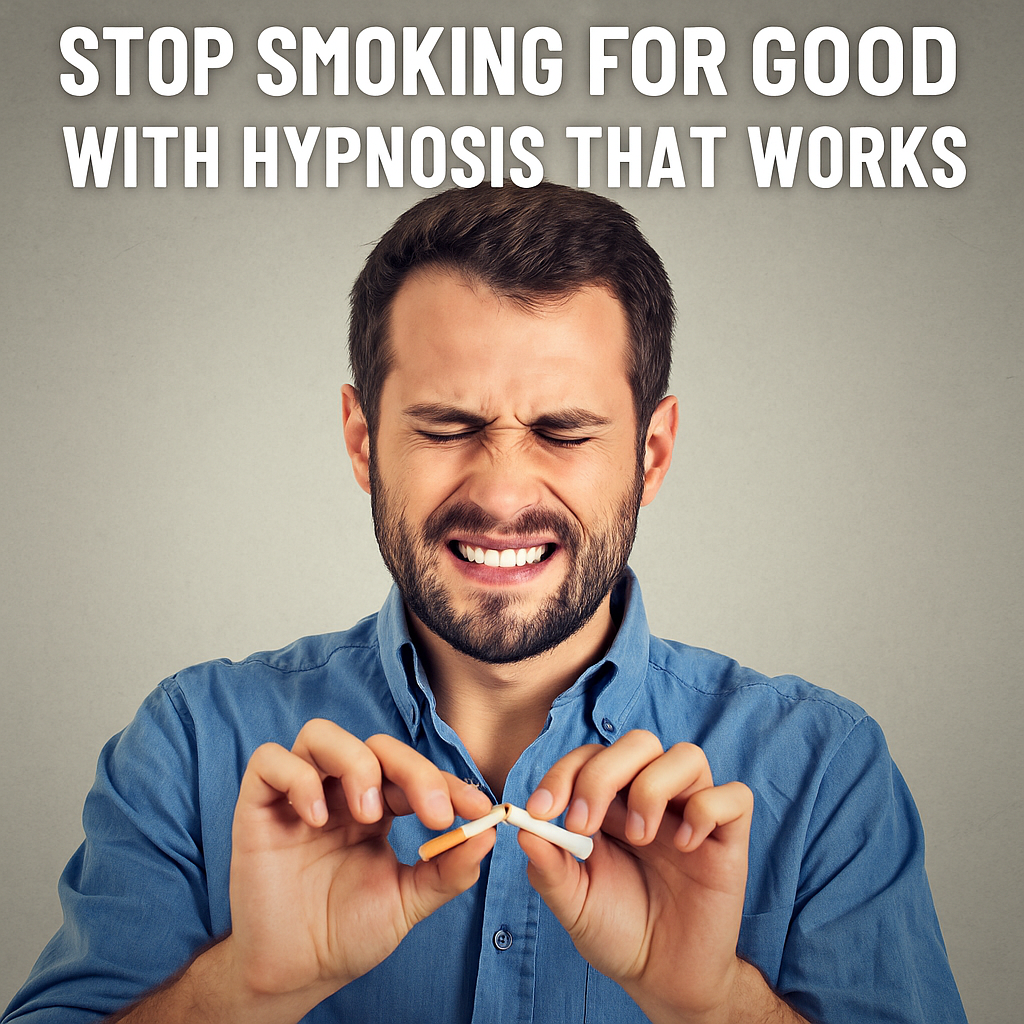Embracing Your Authentic Self: Overcoming Insecurities on Video Platforms
In today’s digital age, video platforms like Zoom, Facetime, and social media have become integral parts of our daily lives. While these platforms offer convenient ways to connect with others, they can also trigger feelings of insecurity and self-doubt, especially when it comes to seeing ourselves on camera. In this article, we’ll explore common insecurities associated with video platforms and provide practical strategies for overcoming them. Additionally, we’ll delve into the benefits of using hypnosis as a powerful tool for building confidence and overcoming these insecurities.

- Fear of Judgment: Many individuals worry about how they will be perceived by others when appearing on camera. They fear being judged for their appearance, voice, or mannerisms, leading to self-consciousness and reluctance to participate in video calls or create social media content.
- Body Image Concerns: Seeing oneself on camera can amplify insecurities about physical appearance, leading to negative self-perception and dissatisfaction with one’s body image.
- Performance Anxiety: The pressure to perform well on video calls or social media can trigger anxiety and self-doubt, making it challenging to express oneself authentically and confidently.
Many people experience insecurities when seeing themselves on video platforms. Whether it’s the fear of being judged, concerns about appearance, or discomfort with public speaking, these insecurities can create barriers to fully embracing the digital world. Negative self-talk and comparison to others can exacerbate these feelings, leading to increased anxiety and self-consciousness.
Strategies for Overcoming Insecurities
- Practice Self-Compassion: Be kind and compassionate with yourself, recognizing that everyone has insecurities and imperfections. Treat yourself with the same kindness and understanding you would offer to a friend facing similar challenges.
- Challenge Negative Thoughts: Identify and challenge negative thoughts and beliefs about yourself and your appearance. Replace them with positive affirmations and reminders of your inherent worth and value.
- Focus on Strengths: Shift your focus away from perceived flaws and instead, focus on your strengths, talents, and unique qualities. Embrace your authenticity and recognize the value you bring to conversations and interactions.
- Gradual Exposure: Gradually expose yourself to video platforms, starting with short, low-pressure interactions and gradually increasing exposure over time. Practice speaking on camera and becoming more comfortable with your appearance and voice.
- Seek Support: Reach out to supportive friends, family members, or professionals for encouragement and guidance. Share your feelings and insecurities openly and seek reassurance and feedback from trusted individuals.
The Role of One Belief Away Hypnosis
Hypnosis
One Belief Away Hypnosis
can be a valuable tool for building confidence and overcoming insecurities related to seeing oneself on video platforms. Through hypnotherapy, individuals can access their subconscious mind and reprogram limiting beliefs and negative self-talk. Hypnosis can help individuals develop a more positive self-image, enhance self-esteem, and cultivate a sense of inner confidence and empowerment.
Hypnosis
can be a valuable tool for building confidence and overcoming insecurities related to seeing oneself on video platforms. Through hypnotherapy, individuals can access their subconscious mind and reprogram limiting beliefs and negative self-talk. Hypnosis can help individuals develop a more positive self-image, enhance self-esteem, and cultivate a sense of inner confidence and empowerment.
Here’s how hypnosis can help:
- Reprogramming Limiting Beliefs: Hypnosis enables individuals to identify and reframe limiting beliefs about themselves and their appearance, replacing them with empowering and affirming beliefs.
- Boosting Self-Confidence: By accessing the subconscious mind, hypnotherapy can instill feelings of confidence, self-assurance, and inner strength, enabling individuals to project authenticity and self-assurance on camera.
- Stress Reduction: Hypnosis techniques such as relaxation and visualization can help individuals manage performance anxiety and stress, promoting a sense of calm and composure during video interactions.
- Enhancing Self-Image: Hypnosis can improve self-image and body confidence by fostering a positive perception of oneself and promoting self-acceptance and self-love.
- Cultivating Authenticity: Through hypnotherapy, individuals can connect with their authentic selves, allowing them to express themselves genuinely and authentically on video platforms.
Overcoming insecurities on video platforms requires patience, self-compassion, and practice. By challenging negative thoughts, focusing on strengths, and seeking support, individuals can gradually build confidence and embrace their authentic selves on camera. Additionally, hypnosis offers a powerful and effective approach to overcoming insecurities, allowing individuals to reframe limiting beliefs and cultivate greater self-confidence and self-acceptance.
Remember that you are worthy and capable, and with perseverance and support, you can overcome any insecurities and thrive in the digital world.
To learn more about what hypnosis is and experience a FREE session, watch my program.
The post Embracing Your Authentic Self: Overcoming Insecurities on Video Platforms first appeared on Indy Hypnosis Center.



